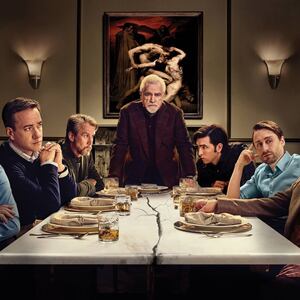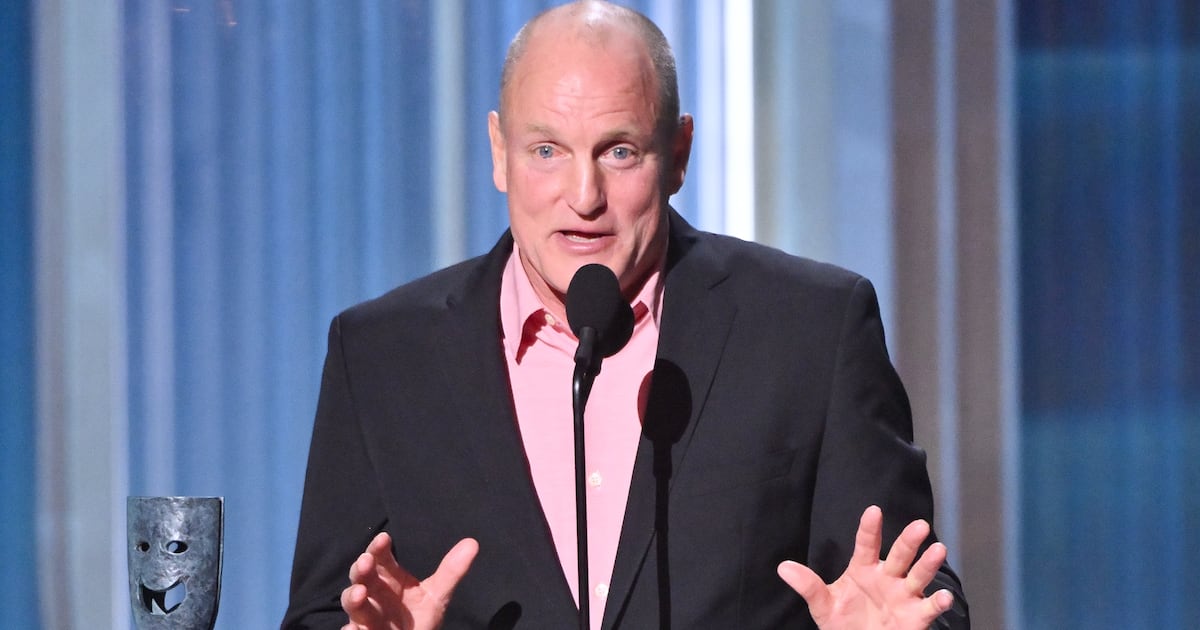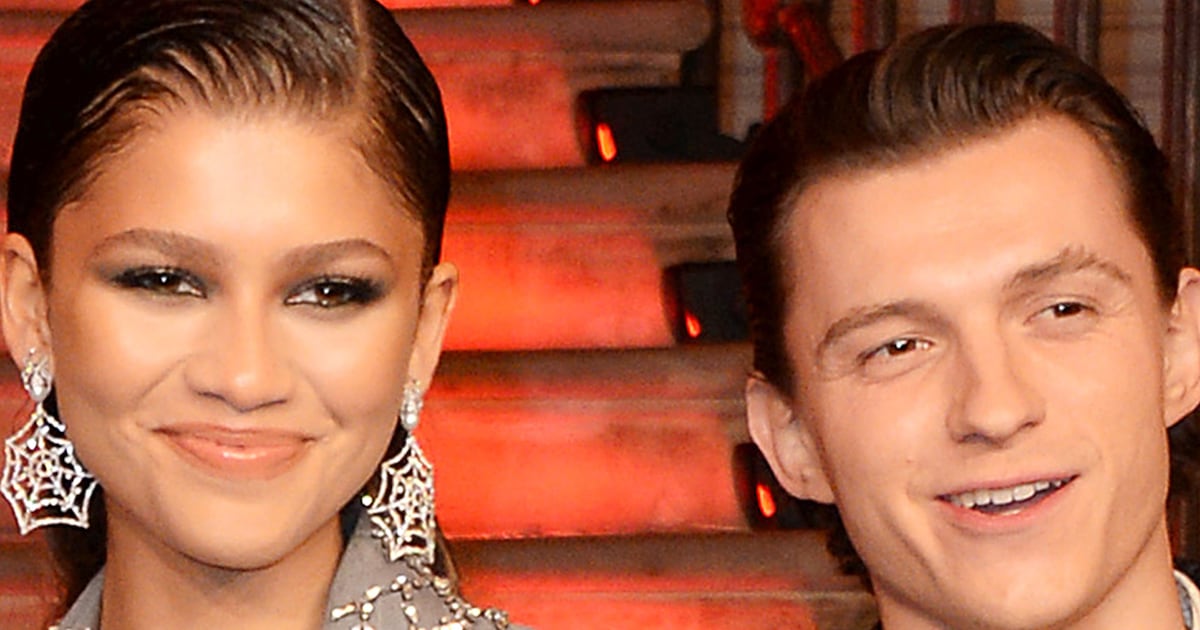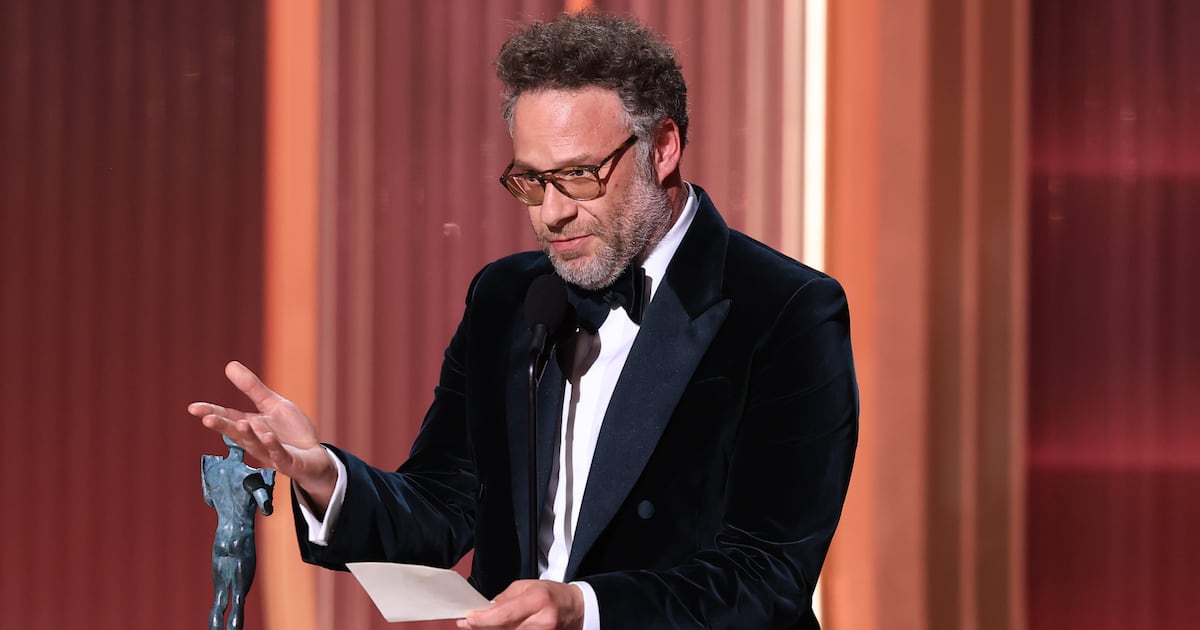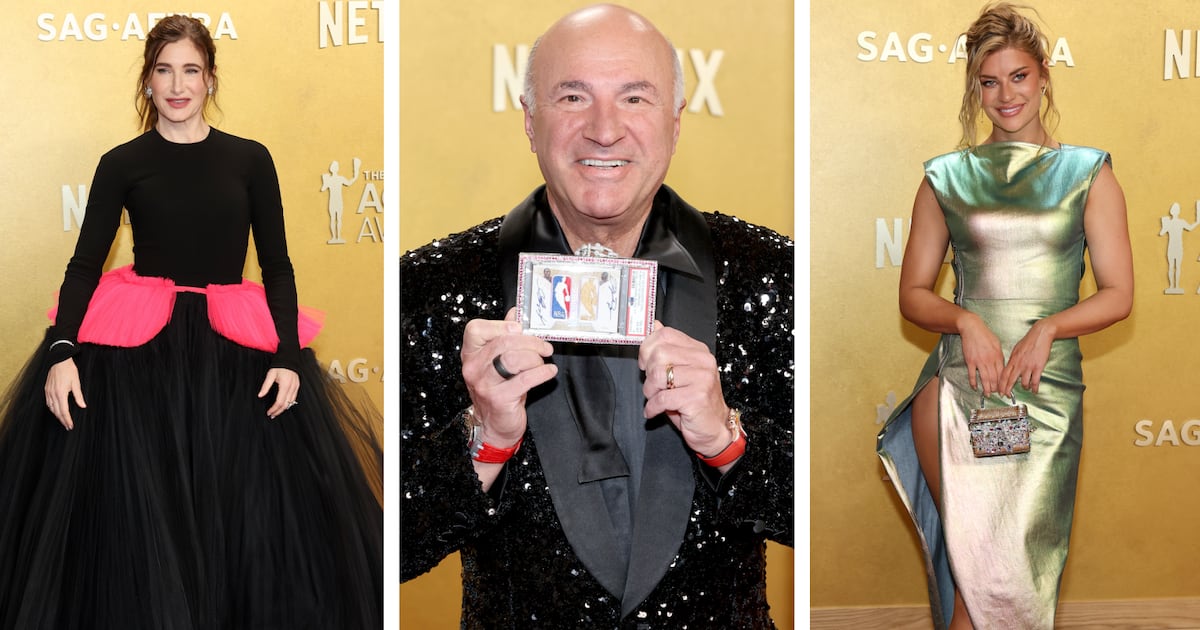When the Hollywood Foreign Press Association announced that the Golden Globes would be returning for a televised Hollywood ceremony in 2023, the reaction throughout the industry was a resounding, “What’s the point?” And now that the nominations for the awards are out, I’d double down on that sentiment.
There wasn’t a Globes ceremony last year, after a scandal threatened to delegitimize the organization. It had come to light in 2021 that the voting body contained no Black members, which then resurfaced long-standing allegations of corruption and bribery, including members nominating and voting for films and TV series that spoil them with freebies and access to celebrities.
The group spent the last two years instituting reforms and revitalizing its membership. Last week, it announced that Jerrod Carmichael would be hosting the NBC telecast, which will air on Jan. 10. That’s a Tuesday. (How very unglamorous.)
In its prime, the Globes was known as Hollywood’s biggest party, a boozy and buttoned-down award show that understood that entertainment is meant to be fun, not just stuffy and pretentious. It rewarded buzzy movies and TV series that critics groups would often ignore, invited major A-listers that weren’t taken seriously by more traditional awards, and crowned Hollywood’s newest rising stars.
The nominations and winners were often weird, which could be refreshing (like Nip/Tuck winning Best Drama Series in 2005) or just-plain baffling (Angelina Jolie and Johnny Depp’s The Tourist getting worst-of-year reviews in 2010, and then racking up Globes nods). Sure, later we learned that there were potentially unsavory reasons why the voting happened that way. But in a state of ignorance, that the Globes was at least different was something to look forward to.
This year’s nominations, however, are boring as hell. (See the full list here.)
The usual suspects that have been popping up in most other 2022 awards and year-end lists are regurgitated. The most nominations went to the dark Irish comedy The Banshees of Inisherin, the Daniels’ trippy hit Everything Everywhere All at Once, and Steven Spielberg’s semi-autobiographical The Fabelmans. On the TV side, buzzy shows like Abbott Elementary, Only Murders in the Building, The Crown, and The White Lotus had big showings.
The wild-card surprises that the Globes is known for—or, rather, infamous for—are few and far between. This may be the first time the organization could ever be called boring.
Is there anything notable to report? That Avatar: The Way of Water, Elvis, and Top Gun: Maverick all appear in Best Motion Picture - Drama is fun. With so much griping about awards being out-of-step with the tastes of the general public, that these three blockbusters could be serious Best Picture contenders is certainly welcome. On the flip side to that, while Angela Bassett earned a somewhat surprising, well-deserved Best Supporting Actress nomination for Black Panther: Wakanda Forever, the film itself didn’t score a Best Picture nod. And Nope, despite star Keke Palmer’s recent award wins and the film’s appearance on scores of critics’ Top 10 lists as the year winds down, was snubbed completely.
For all of the HFPA’s touting of its new diversity statistics, it’s also notable that the Best Director category, once again, has no female nominees. Sarah Polley (Women Talking) is the most notable snub, with fellow contenders Gina Prince-Bythewood (The Woman King) and Chinonye Chukwu (Till) also failing to pick up nods. Women Talking only managed two nominations, in Original Score and Best Screenplay, despite critics considering actresses Claire Foy and Jessie Buckley likely nominees and Women Talking itself a presumptive shoo-in for a Best Picture nomination.
Meanwhile, there used to be a snarky reaction that “the Globes gonna Globe” whenever the group would come out with nominations that seemed totally out of left field. There aren’t really any of those this year—just some that could be described as “left-ish.”
Ana de Armas getting in for the extremely polarizing Blonde? That’s surprising, but it’s also very Globes-y: a flashy Netflix movie about a Hollywood icon, starring one of the industry’s rising stars.
Babylon, which, as the one of the last contenders to screen for voters, has been a bit of a mystery when it comes to its awards hopes, managed four nominations: Best Motion Picture - Comedy, Best Actor - Comedy for Diego Calva, Best Actress - Comedy for Margot Robbie, and Best Supporting Actor for Brad Pitt. The social media reaction from critics who have screened the movie has been all over the place, but an embrace by the Globes feels like classic Globes behavior. The HFPA could never resist fawning over major movie stars.
There are other surprising inclusions that people will be happier about. Jamie Lee Curtis in Best Supporting Actress for Everything Everywhere All at Once is great (even if we wish co-star Stephanie Hsu could have gotten in as well), and Dolly De Leon’s mention in that category for Triangle of Sadness is a major boost for the under-the-radar contender.
Best Actress - Comedy is a blast of a category: Alongside Robbie, Lesley Manville (Mrs. Harris Goes to Paris), Anya Taylor-Joy (The Menu), Emma Thompson (Good Luck to You, Leo Grande), and Michelle Yeoh (Everything Everywhere All at Once) are all nominees. This is when the Globes’ decision to split the major categories between Drama and Comedy, therefore doubling the number of slots, is worth it.
Another major story: Will Smith’s Emancipation is nowhere to be found. And, despite Top Gun: Maverick’s major Best Picture nod, Tom Cruise wasn’t nominated for Best Actor. I guess that’s what happens when you return your trophies to the organization in protest, as it battles controversy.
On the TV side, the seeming surprises are that Netflix’s Wednesday and Dahmer - Monster: The Jeffrey Dahmer Story scored a slew of major nominations. Both series could hardly be called critical hits; in fact, Dahmer and its distastefulness received intense backlash. But they were massive streaming successes for Netflix, and the Globes has always factored popularity into its choices. Otherwise, the major nods went to more universally agreed-upon major shows.
This is all to say that this year’s Globes nominations are neither good nor bad. Which, I think, is neither a good nor bad thing.
The mandate was put on the Hollywood Foreign Press Association to get its act together, if it wanted to rise above its reputation as an embarrassment and have any industry respect again. The organization has, in bits and pieces, worked toward that. And in its respect for credibility, it’s lost a bit of its fizz. Its silliness. Its fun.
At the same time, that’s a strange thing to say. It implies some sort of nostalgia for a time when the organization was corrupt and lacked diversity, and when many of its voters had no industry expertise. No one should want to return to that. But it’s unclear now what, exactly, the group’s identity is.
Even though the Globes is often thought of as a precursor to the Academy Awards, the organizations have no overlap in voters. There’s little that could be read into potential Oscar odds from the Globes, other than that its nominations start to signal what movies are becoming consensus picks.
Without impacting the Oscars, and without having an oddball identity of its own, I’m not sure what the purpose of the Globes is anymore. I wonder if Hollywood, as stars and nominees consider if it’s worth it to return to the show in-person, will agree. (Then again, this is Hollywood. As if we could ever expect them not to show up to pick up a trophy.)



